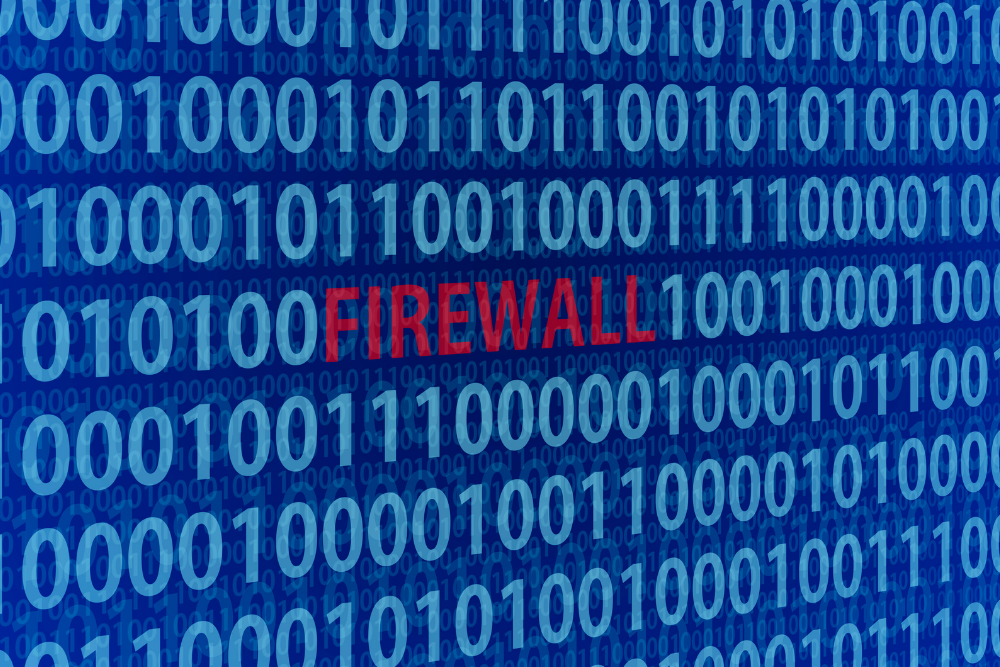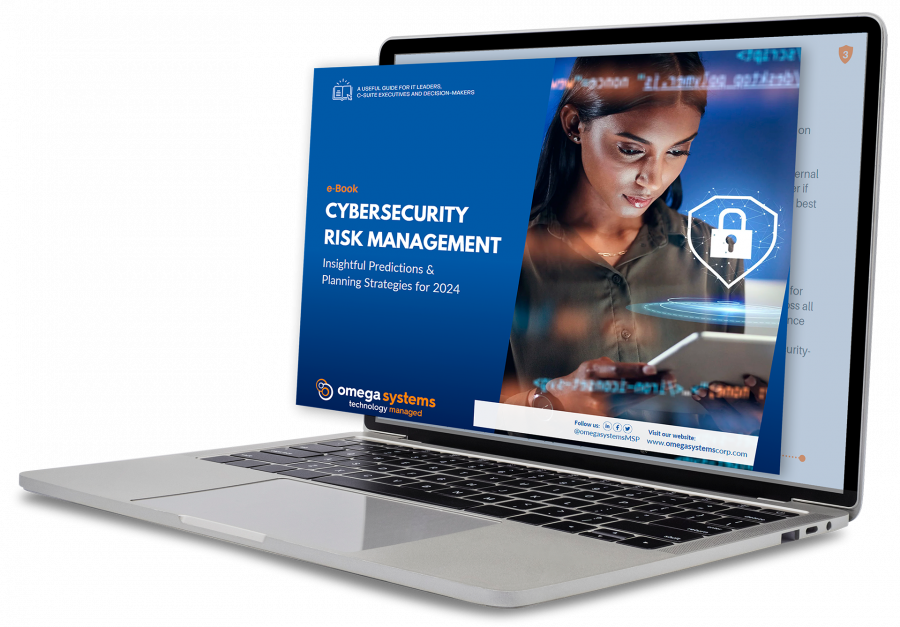
With summer upon us, do thoughts of a VPN enter your mind when you think of working from the beach? Employers today are adapting to a Bring your Own Device (BYOD) policy in the workplace which allows employees to access information from personal devices and mobile apps for professional reasons from their own devices (phone, tablet, or laptop).
BYOD leads to comfortability in how to get to that important information, and lends itself to working remotely, which can lead to a higher level of job satisfaction, but there are risks that come along with it.
We are all on the go, and increasingly mobile, which means that in a lot of circumstances, we are spending more time connecting to ever present public Wi-Fi hotspot for online activities.
Whether you are working from a coffee shop in the City, JFK Airport or The Public Theater, my guess is that you can find a Wi-Fi connection. These public networks are usually open to anyone, and that means it is very easy for anyone connected to ‘see’ the information you are transmitting.

So how can we protect ourselves?
Deem public network access off limits if employees cannot access a secure network, and create an easy method for employees to secure the information they transmit on the network. Implementing a secure remote access system increases employee productivity by allowing them to utilize these networks almost wherever they may be.
Implementing and connecting to a VPN or Virtual Private Network is an important step in securing your data in an ever changing world. Workplace policies are constantly changing, the number of cyberattacks on the rise, and innovations in technology are always evolving. VPNs create an encrypted tunnel so you’ll be good to go when it comes to working outside the office.

What is a VPN?
A VPN or Virtual Private Network, is a group of networks that creates an encrypted connection over a less secure network, such as the Internet. Businesses often use this to provide a secure connection to company data, but you can use it to secure your public Internet connection and protect any information that you are sending or receiving.
Top Five Reasons to Use a VPN for Secure Remote Access:
- Allows you to log onto public networks with increased security
- Allows you to access files and internet services in a secure manner
- Makes you a more difficult to be targeted by cybercriminals
- Provides peace of mind for clients, donors, constituents, etc.
- VPN can increase profitability due to higher employee satisfaction and productivity

Next Generation Firewalls
To take it a step further, if you utilize a Next Generation Firewall (NGFW), you can reap the benefits of always-on VPN. This enables you to continue working securely, even if you move between the office, and a coffee shop. It works by automatically detecting whether you are on a company network, or a public network, and creates a secure VPN connection when needed.
There are a number of solutions in the marketplace that may seem secure when reading about them on the internet, but not all solutions are created equal, especially if they are free.
The right MSP will look at your business and tell you what you need. This means they will implement the necessary tools for you while taking your budget into consideration. MSPs offer a number of different remote access plans and will monitor your network to ensure you’re always as secure as possible. Every business is different and TNS we know that.
Don’t let a lack of a remote access plan lead your business to a data breach. Security is everything today and you don’t want to hold your business back by preventing your employees from working on-the-go. Contact your Account Manager directly to learn more. If you are currently not a TNS partner, complete our contact form and select Managed IT Services as your service of choice or contact us at 203-316-0112 or 212-967-5757.
Categories: Managed Service Provider, MSP Blogs




